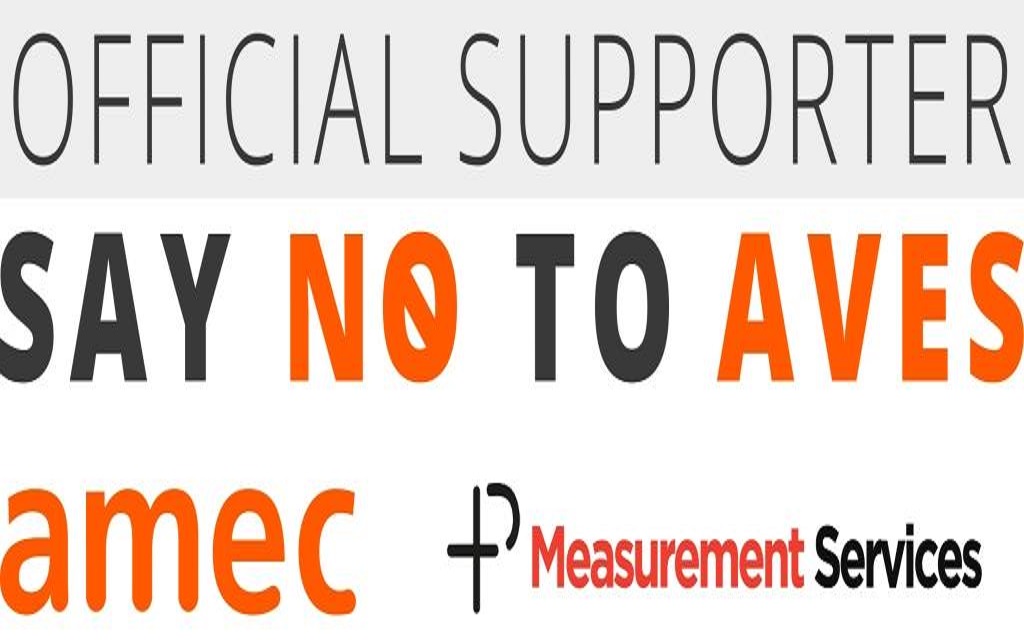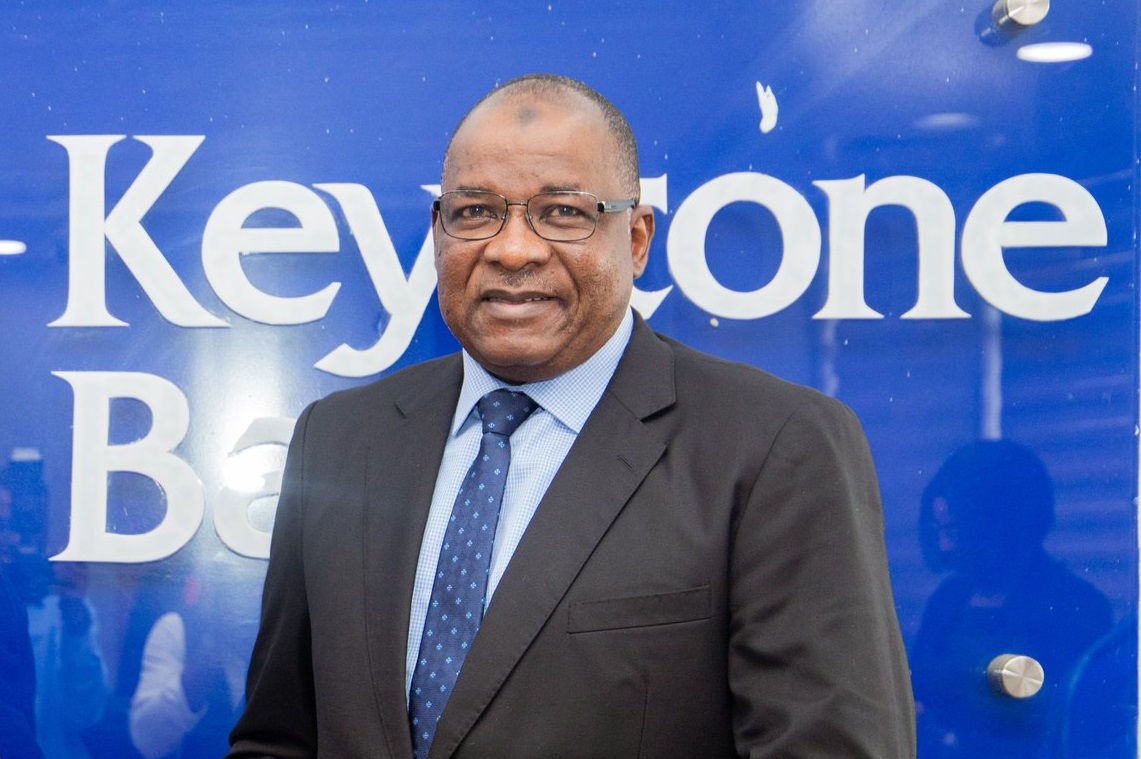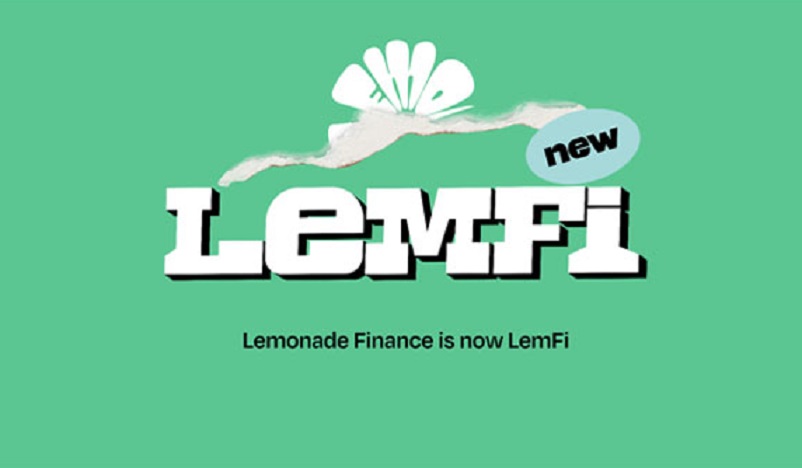Banking
Experts Back ‘Say No to AVEs’ Campaign by AMEC


By Modupe Gbadeyanka
A worldwide campaign recently launched by the International Association for Measurement and Evaluation of Communication (AMEC) tagged ‘Say No to AVEs’ has received the backing of leading international communication and public relations academics.
The movement is calling for an end to the use of Advertising Value Equivalents (AVEs) as a purported measure of editorial media publicity.
AMEC issued a statement detailing 22 reasons that AVEs are a flawed method of evaluation for PR, which further explains why AVEs are invalid and misleading.
Also, the Barcelona Principles supported by professional PR and communication industry bodies worldwide stated that AVEs were not the value of PR or communication.
Communication and PR academics recommend that industry professionals use valid social science research methods for evaluation.
The press release, distributed in the Nigeria by P+ Measurement Services, a leading and fastest growing Independent Communications and PR measurement agency in Nigeria, is a member of AMEC.
According to the Academic Advisory Group to AMEC, which comprises Professor Anne Gregory, University of Huddersfield, UK; Professor Jim Macnamara, University of Technology Sydney (Chair); Dr Tina McCorkindale, President and CEO of the Institute for Public Relations (IPR); Professor Brad Rawlins, Arkansas State University; Professor Don Stacks, University of Miami; Emeritus Professor Tom Watson, Bournemouth University, UK; and Professor Ansgar Zerfass, University of Leipzig, “Industry research studies indicate that so-called ‘advertising value equivalents’ (AVEs), also referred to ‘equivalent advertising value’, are still used by up to a third of PR and corporate communication practitioners worldwide despite irrefutable evidence that the calculation is invalid and misleading.
“AVEs, which equate the value of editorial media coverage with the cost of an equivalent amount of advertising, have been discredited as an evaluation method by a number of research studies on the grounds that:
- They confuse value with cost, using an estimate of the cost of paid media advertising as the alleged value of editorial media publicity. The value of advertising is not measured by how much it costs. So such comparisons are conceptually and practically flawed;
- Furthermore, the estimated ‘cost’ figures are hypothetical (what paid media advertising would have cost if purchased in the same media). Advertising is selectively placed and, in many instances, would not be placed in the media in which editorial publicity appears;
- Advertising and PR are not equivalent. While advertising is controlled in terms of placement and content, editorial media coverage is uncontrolled and variable in terms of placement, content, and tone and needs to be analysed qualitatively as well as quantitatively;
- PR involves a much wider range of communication activities than editorial media coverage (e.g., Web sites, events, community relations) for which AVEs are irrelevant;
- AVEs make no contribution to demonstrating outcomes or impact of communication, which should be the focus of evaluation.”
Banking
$225.8m Debt: GHL Claims First Bank Put 93 Workers At Risk

By Adedapo Adesanya
The continued tussle over an alleged $225.8 million debt between General Hydrocarbons Limited (GHL) and top Nigerian lender, First Bank of Nigeria Limited, showed no signs of abating as the energy company accused the lender of recklessness.
GHL, owned by the chairman and editor-in-chief of ThisDay Media Group and Arise News Channel, Mr Nduka Obaigbena, in a statement Wednesday morning, said the bank’s failure to pay GHL pending request as per the agreed terms led to an international incident on October 7, 2023, “when the drilling rig, Blackford Dolphin, ran out of fuel, food, water and other critical supplies with 93 souls on board, and the rig was on the verge of declaring MAYDAY.”
“First Bank keeps talking about the diversion of funds by GHL without providing any evidence,” the statement said.
It alleged that all GHL contracts and invoices were vetted and paid by FBN through their Credit and Risk teams directly to all service providers, noting that the bank’s alleged repeated failures to pay on time within the contractual framework of five days which became up to 70 days or not at all, in a clear breach of its Tripartite Agreement obligations.
Recall that the issue commenced when First Bank of Nigeria Limited and FBN Quest Trustees Limited on December 27, 2024, approached the Federal High Court in Ikoyi to seek orders in respect of a total claim of $225.8 million being alleged outstanding indebtedness on General Hydrocarbons’ account with First Bank as of September 30, 2024.
The Ikoyi court granted an order restraining all commercial banks in Nigeria from releasing or dealing in all monies and assets up to $225.8 million due to Mr Obaigbena.
The court also blocked all commercial banks from releasing or dealing in all monies and assets up to the said amount belonging to Efe Damilola Obaigbena, Olabisi Eka Obaigbena and General Hydrocarbons Limited, an oil and gas firm in which all three are directors and shareholders.
Another order barring the banks from dealing in or releasing such monies and assets due to the company, its agents, privies, subsidiaries and sister companies with the banks up to the same sum was issued.
Yesterday, First Bank responded that it didn’t abuse court processes in the ongoing legal battles with General Hydrocarbons Limited, adding that its opponent’s claims were misleading and incorrect.
The bank said it performed its obligations under the loan agreements but trouble started when it demanded good governance and transparency in the transaction, which GHL rejected.
However, in the latest right of reply, GHL said it will meet FBN in court with daily reports and log details to debunk, what it called “this continuing misinformation of diversion.”
“GHL acted to save 93 souls, most of them foreign nationals, who had begun contacting their embassies and home governments, and to save Nigeria from an international incident offshore Nigeria,” the statement said.
“This 2nd Right of Reply has become necessary, again, in view of FBN’s continued misstatement but they have failed to debunk or deny the foundational material facts and seeking to eating their cake and having it. Luckily, FBN has not denied the Subrogation MOU and the benefits it got upfront from GHL’s intervention. They should meet their obligations and all will be well,” it added.
Banking
CBN Fines Keystone Bank, Providus Bank, 7 Others Over Cashless ATMs

By Modupe Gbadeyanka
Nine commercial banks operating in the country have been fined N150 million each by the Central Bank of Nigeria (CBN) over their failure to dispense cash to customers through their Automated Teller Machines (ATMs).
Recall that last year, the banking sector watchdog warned deposit money banks (DMBs) to load their ATMs with cash to ease the hardships Nigerians go through in getting cash.
It was alleged that members of staff of banks were selling cash to Point of Sale (POS) operators as it was getting difficult for customers to withdraw cash from banks.
To address this issue, the central bank directed lenders to ensure customers are able to withdraw their funds via their ATMs or risk being sanctioned.
In a statement on Tuesday, the Acting Director of the Corporate Communications Department of the CBN, Mrs Hakama Sidi Ali, said spot checks showed that the affected banks did not comply with the cash distribution guidelines, noting that the fines will be directly debited from the affected banks’ accounts.
She listed the defaulting lenders as Fidelity Bank, First Bank, Globus Bank, Keystone Bank, Providus Bank, Sterling Bank, Union Bank, UBA, and Zenith Bank.
“In a clear message of zero tolerance for cash flow disruptions, the Central Bank of Nigeria has sanctioned Deposit Money Banks for failing to make Naira notes available through automated teller machines, during the yuletide season.
“Each bank was fined N150 million for non-compliance, in line with the CBN’s cash distribution guidelines, following spot checks on their branches. The enforcement action follows repeated warnings from the CBN to financial institutions to guarantee seamless cash availability, particularly during periods of high demand.
“The affected banks include Fidelity Bank Plc, First Bank Plc, Keystone Bank, Union Bank Plc, Globus Bank, Providus Bank, Zenith Bank Plc, United Bank for Africa Plc, and Sterling Bank Plc,” the statement said, stressing that the apex bank will not hesitate to impose further sanctions on any institution violating its cash circulation guidelines.
Banking
LemFi Raises $53m in Series B Funding for Expansion, Service Offerings

By Adedapo Adesanya
Top remittances service firm, LemFi, has raised $53 million in Series B funding to further boost its efforts to acquire more customers and expand its footprint into more countries.
The funding round was led by Highland Europe, a London-based growth-stage investment firm that backs startups with more than €10 million in annualized revenues. Other participants in the deal included existing investors like Endeavor Catalyst, Left Lane Capital, Palm Drive Capital, and Y Combinator.
Lemfi, founded by Mr Ridwan Olalere, its chief executive officer (CEO), and Mr Rian Cochran, its Chief Financial Officer (CFO), closed the Series B round in four months, bringing LemFi’s total funding to $85 million, as per TechCrunch.
LemFi will use the funding to extend its offerings, scale its payment network licenses and partnerships to provide hyper-localized service and recruit talent for its next growth phase.
The firm, which generates revenue from transaction fees and foreign exchange spreads, currently has more than 300 employees across Europe, North America, Africa, and Asia.
Founded in 2020, the four-year-old company has seen massive increases in parameters and claims to have over one million active users who rely on its multi-currency accounts to transfer money to friends and family in countries like Nigeria, Kenya, India, China, Pakistan, and 15 others.
LemFi has undergone rapid growth by helping diaspora communities in North America and, more recently, Europe, send money to emerging markets across Africa, Asia, and Latin America. It currently has 27 send-from markets and 20 send-to countries on its roster.
As part of its expansion plans, the firm has also expanded into Europe by partnering with embedded finance provider Modulr and will help LemFi kickstart operations until it secures its license next month after acquiring a firm based in the Republic of Ireland.
“We intend to go to as many markets as we have a significant number of immigrants, starting now with Europe this year, which is going to be a big focus for us,” CEO, Mr Olalere told TechCrunch in an interview.
-

 Feature/OPED5 years ago
Feature/OPED5 years agoDavos was Different this year
-
Travel/Tourism8 years ago
Lagos Seals Western Lodge Hotel In Ikorodu
-

 Showbiz2 years ago
Showbiz2 years agoEstranged Lover Releases Videos of Empress Njamah Bathing
-

 Banking7 years ago
Banking7 years agoSort Codes of GTBank Branches in Nigeria
-

 Economy2 years ago
Economy2 years agoSubsidy Removal: CNG at N130 Per Litre Cheaper Than Petrol—IPMAN
-

 Banking2 years ago
Banking2 years agoFirst Bank Announces Planned Downtime
-

 Sports2 years ago
Sports2 years agoHighest Paid Nigerian Footballer – How Much Do Nigerian Footballers Earn
-

 Technology4 years ago
Technology4 years agoHow To Link Your MTN, Airtel, Glo, 9mobile Lines to NIN












